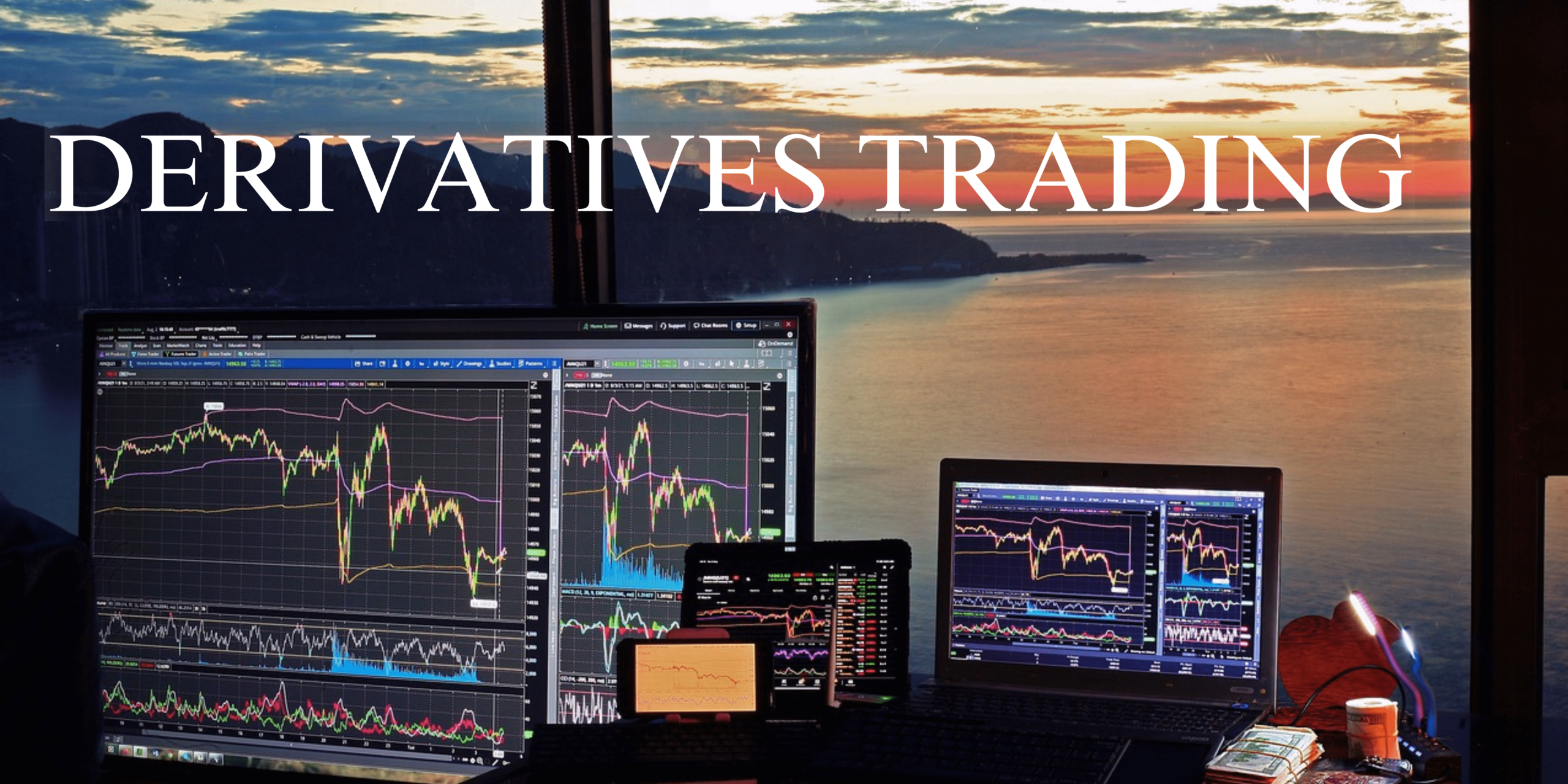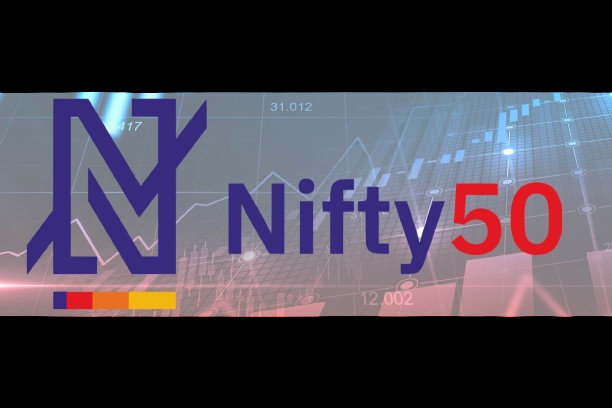The Financial Market of India can be categorised into two classifications: Cash Segment and Derivative Segment. The Cash Segment refers to the marketplace where the commodities or securities purchased are paid for and received at the point of sale and as such is also known as the ‘Spot Markets’.
Derivatives, on the other hand, derive their value from underlying assets such as Equity Stocks, Commodities like Gold, Crude Oil, etc., and Currencies. India has experienced exponential growth in the volume of Derivative-based trading in recent years thanks to the digital penetration and advent of online Digital Broking Platforms and ease of access to information.
The surge in the volume of Derivative Trading has made India’s largest Stock Exchange, the National Stock Exchange (NSE), have the world’s highest derivatives-to-cash turnover ratio. This highlights the growing importance of Digital Brokers aiding in the rise of Retail Investor participation in the Derivative Segment.
|
Key Takeaways
|
Brief History of Derivatives Trading in India
Derivatives Trading through an organised platform has a relatively short history. The first step towards derivatives trading in India was taken by the National Stock Exchange (NSE) in the year 2000. This set up the base for organised derivatives trading and a platform onto which different types of derivatives based on Equity Stock, Commodity, Currency, etc., could be offered.
Derivatives Trading has had a significant impact on the Indian Economy, as it offered new hedging and risk management tools to the market participants and contributed to the growth and development of the Indian Financial Markets.
What Are Derivatives?
A Derivative is a Financial Instrument whose value is based on an underlying asset, such as Equity Stocks. The derivative’s price changes based on the underlying asset’s value. It is a formal contract that allows Investors to buy or sell an asset at a future date, and the main objective of entering into derivative contracts is to earn a significant profit by predicting the underlying asset’s future value.
Furthermore, Derivative Trading involves using leverage, which means that a larger amount of underlying assets can be controlled by paying a relatively small amount. The various forms of Derivatives include Stocks, Commodities, Currencies, and Benchmarks, among others.
Types of Derivatives
The Indian Stock Market has four different types of Derivatives that can easily be traded either at an exchange or over-the-counter (OTC). The differing Derivatives each have their own contract conditions, risk factors, and regulations.
The four types of assets tradeable in the derivatives market:
-
Futures Contract
A Futures Contract is a standardised financial agreement between two parties to buy or sell a specific amount of an underlying asset at a predetermined price on a future date. A deal is struck through the exchange mode as the contracts do not allow the buyer and seller to meet for the agreement.
Since these contracts are standardised, the futures contract listed on the Stock Exchange cannot be modified in any possible way and thus the counterparty risk is low.
-
Forward Contracts
A Forward Contract is a financial agreement between two parties to buy or sell an underlying asset at a specified price on a future date. Unlike Futures Contracts, Forward Contracts can be customised and tailored to the specific needs of the parties involved through negotiation, increasing flexibility but reducing the standardisation as compared to futures contracts.
Forward Contracts are typically traded over-the-counter (OTC), meaning they are privately negotiated between the buyer and seller, along with not requiring any collateral (as compared to Futures). As such, Forward Contracts may carry a higher counterparty risk.
-
Options
An Options Contract is a Financial Derivative that gives the holder (buyer of the contract) the right, but not the obligation to buy or sell an underlying asset at a specified price (strike price) on or before a predetermined date. The seller (writer) of the option is obligated to honour the contract’s terms should the buyer decide to exercise their rights.
Options Contract consists of two options:
-
- Call Option: A Call Option gives the holder the right to buy the underlying asset at the strike price before or on the expiration date. Call Options are used by Investors who expect the underlying asset’s price to rise. When the option is exercised, the buyer pays the strike price to the seller and receives the underlying asset.
- Put Option: A Put Option gives the holder the right to sell the underlying asset at the strike price before or on the expiration date. Put Options are used by Investors who anticipate the underlying asset’s price to fall. When the option is exercised, the seller pays the strike price to the buyer and receives the underlying asset.
Thus, anyone who trades in the Options Contract can take any of the four different positions, i.e., Short (the price of the stock will decrease in value) or Long (the price of the stock will increase in value), either in the Call or the Put Option. These options are traded at the Stock Exchange and over-the-counter (OTC) market.
Read More: How to Get Started on Trading in Futures and Options (F&O)?
-
Swap Contracts
Swaps are a type of Financial Derivative that allows parties to exchange one type of cash flow for another in the future as per the predetermined agreements in the contract.
Swaps enable two parties to exchange financial obligations by setting cash flows based on an interest rate.
Unlike Stocks or Bonds, Swaps are not traded on exchanges but are instead private agreements between parties and are typically traded over-the-counter (OTC). The two most popular types of Swaps are Currency Swaps and Interest Rate Swaps.
Market Participants in the Derivatives Trading Segment
- Hedgers – Primarily mitigate a market or a business against risk. Risks include interest rate fluctuations, exposure to a commodity, etc.
- Arbitrageurs – Investors who attempt to profit from the market inefficiencies and price discrepancies by simultaneously purchasing and selling that security, commodity, currency, etc.
- Speculators – Investors who purchase assets for short periods and employ strategies and educated guesses on the market’s trend to profit from a change in its price. Important to markets as they bring liquidity and bear the market risk.
- Margin Traders – Margin Trading involves borrowing funds from a broker to trade a financial asset (that serves as the collateral for the loan), allowing for larger orders to be placed than possible through traditional trading.
Advantages of Derivatives
- Allows Hedging
Derivative Trading is a great way to hedge your position in the Cash Market. For example, if you buy a stock in the Cash Market, you can hedge your position by investing in Derivative Trading by buying a Put Option in the Derivative Market. If the stock value falls in the Cash Market, the value of your Put Option will increase, thus minimizing or completely nullifying your losses.
- Leverage
Derivatives can be utilized to increase leverage and magnify returns. Investors can borrow money through the use of derivatives, allowing them to make larger trades than they would otherwise be able to.
- Lower Transaction Costs
The transactional costs for trading in the Derivative Market are lower as compared to traditional assets such as Shares or Bonds. The lowered cost is made possible as derivatives effectively act as a risk management tool.
Disadvantages of Derivatives
- High-Risk
Derivatives are Market-Linked Instruments and derive their value in real-time based on the changing price of the underlying asset whose factors are tied to market demand and supply. The volatility of those factors may or can expose those financial contracts to significant risks incurring potentially huge losses.
- Speculation
Investors wager on the price direction of an underlying asset in the future with the intention to profit from the difference between the strike price and the exercise price. Such notions are based on speculation, and if they fail, Investors may suffer potentially huge losses.
- Counterparty Risk
As Options Contracts are traded over-the-counter (OTC) and not through an exchange under regulations, it means that there is no standardised system for due diligence and could lead to a possibility of the other party defaulting or failing to exercise his obligations. Such counterparty risks can expose Investors to unforeseen losses.
How to Trade in the Derivatives Market?
There are three key requirements which need to be fulfilled in order to start trading in derivatives:
- An active Demat Account
- Open a Trading Account. If you don’t have one, stockbroking firms like SMIFS Limited can help set up one for free. Once set up, the Trading Account and the Demat Accounts need to be linked with each other.
- Required to maintain a specific percentage of cash in the Trading Account, known as Margin Money, to trade in derivatives. Margin Money is required to minimise the risk exposure for the Stock Exchanges being traded upon and as a buffer to minimise losses for the stockbrokers funding you a loan to buy derivative contracts.
Conclusion
Derivative Trading should not be undertaken by novice investors as they are quite risky without any prior experience or knowledge of how they work. Even for the experienced and knowledgeable, derivatives should only make up a percentage of one’s Investment Portfolio as they should not be relied upon heavily due to their highly volatile nature.
The launch of the Equity Derivatives Market in the Indian Economy has seen remarkable growth in turnover figures. NSE’s derivative market turnover surpassing the equity market’s turnover solidified the importance and the major role played by derivatives in the Financial and Capital Markets.
It is always advisable, however, to consult your Stock Broker and create a strategy based on market evaluation and proven techniques due to the extensive knowledge and experience required to successfully deal with these Financial Contracts.
SMIFS Limited with its membership as a Trading Member of NSE and BSE in Derivatives Segment provides you with a gateway to the exciting world of the derivatives market. Our experienced trading consultants and advanced trading tools will provide the support you need to achieve your long-term and medium terms profits via the stock markets.
Disclaimer: Investments are subject to market risks and market conditions that can lead to significant profits or losses. Investors are advised to gather adequate product and market knowledge along with proper investment advice through registered entities before trading in derivatives.







